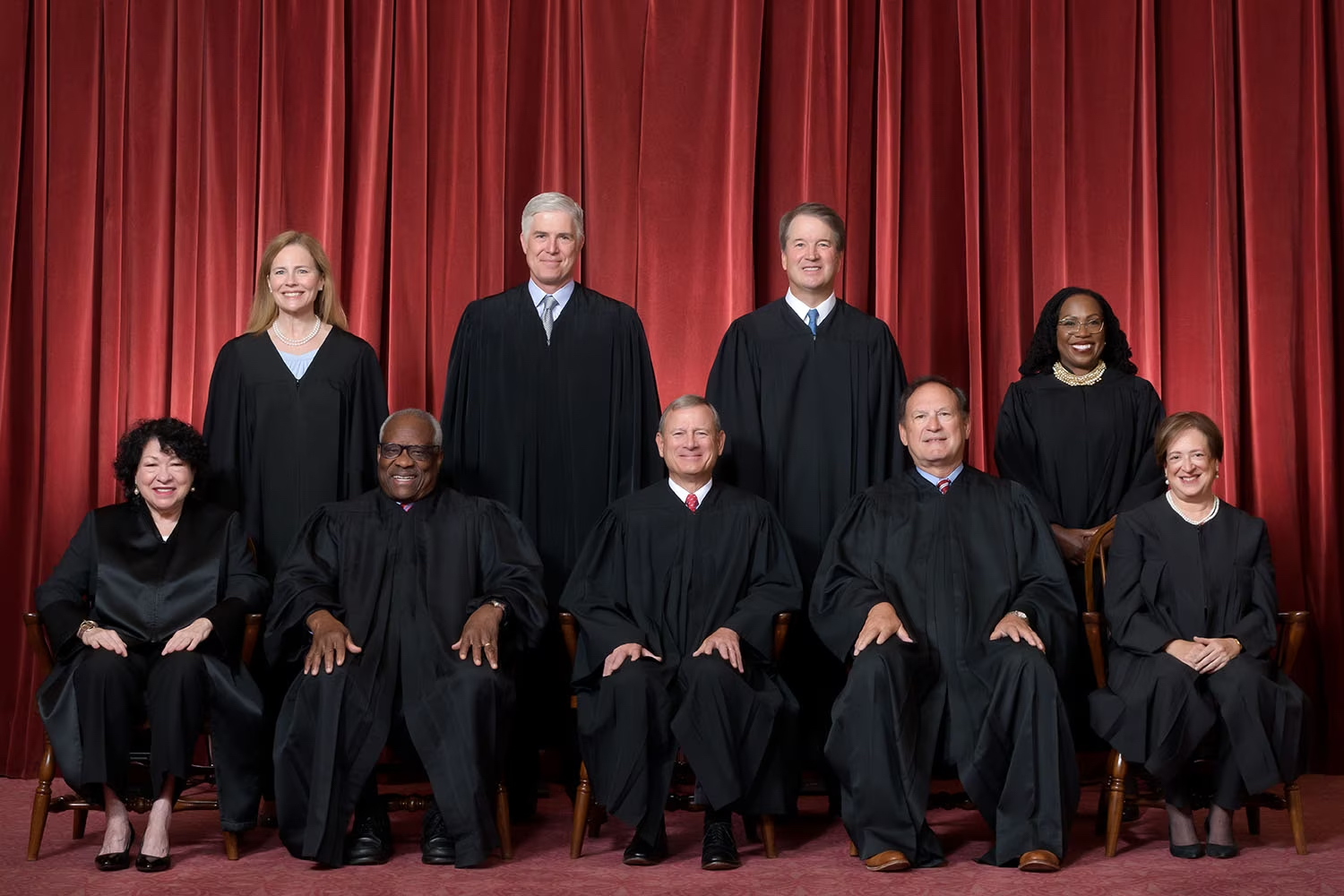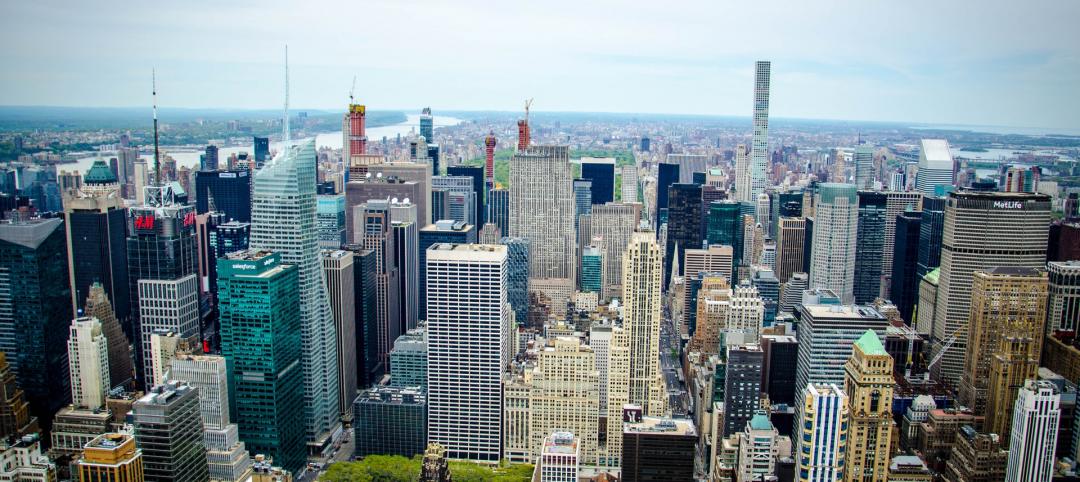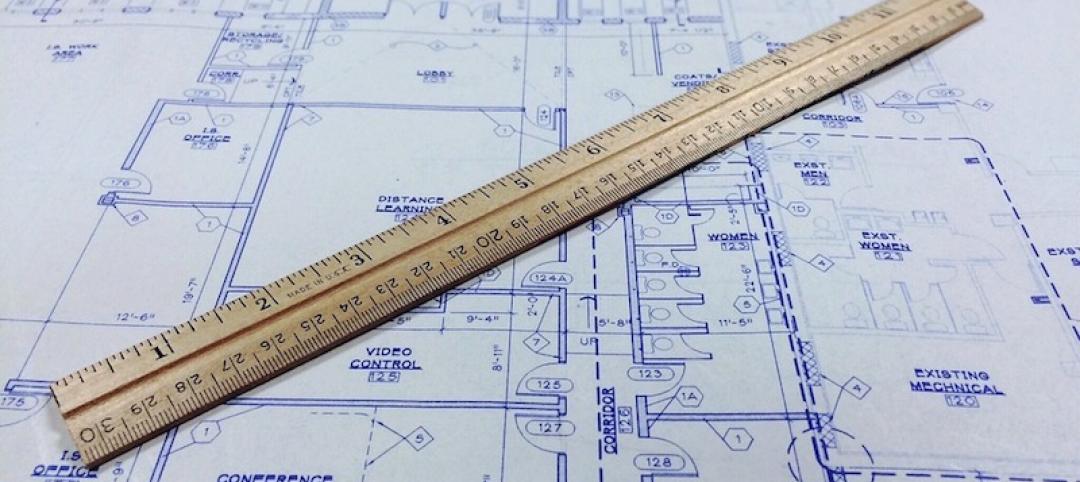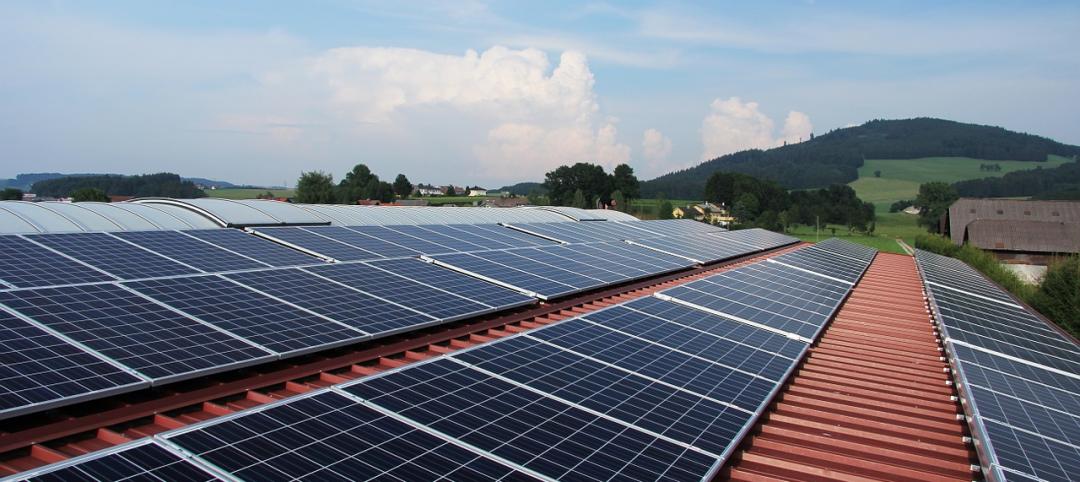A recent Supreme Court decision that substantially narrowed the Environmental Protection Agency’s authority to regulate millions of acres of wetlands is expected to open more land for development.
More than half of the nation’s wetlands could lose protection under the Clean Water Act, according to environmentalists and legal analysts. This concerns water quality advocates who fear the ruling will lead to degraded water supplies.
From a developer’s perspective, projects will have fewer regulatory hurdles to overcome, making them faster to move from conception to construction. This could make new housing developments more financially viable during a time of acute housing shortages in many areas of the U.S., they point out.
The case, Sackett v. Environmental Protection Agency, involved an Idaho couple who tried to build a house on property they’d purchased. The couple filled a soggy part of the property with sand and gravel to prepare for construction. The EPA ordered them to halt construction and return the property to its original state. The couple then sued the agency.
Related Stories
Codes and Standards | May 7, 2019
Office noise significantly reducing employee concentration, productivity, and creativity
Workplace distractions cause some to choose to work remotely.
Codes and Standards | May 7, 2019
WSP USA says it will be carbon neutral in 2019
Engineering firm will offset carbon at all offices and with employee business travel.
Codes and Standards | Apr 25, 2019
Report: Contractors invest $1.6 billion in workforce development annually
ABC members increased training spending 45% from 2013, according to a new report.
Codes and Standards | Apr 25, 2019
New York City’s Green New Deal would ban all-glass skyscrapers
The ambitious plan would also boost affordable housing, reduce building emissions, and update codes to account for sea level rise.
Codes and Standards | Apr 25, 2019
Chicago, Houston, and Dallas deemed ‘most dangerous cities for migratory birds’
The three cities are in the heart of North America’s most trafficked aerial corridors.
Codes and Standards | Apr 19, 2019
Notre Dame fire highlights danger of renovating historic structures
The devastating fire at Notre-Dame de Paris is the latest blaze to damage or destroy historic buildings while undergoing renovations. It highlights how vulnerable such structures are to fire while undergoing repairs.
Codes and Standards | Apr 19, 2019
Developers and owners can now join AIA 2030 Commitment
Organization offers tools and resources for working toward net-zero design.
Codes and Standards | Apr 19, 2019
New method of manufacturing cement removes CO2 from the air
Breakthrough could have significant impact on reducing greenhouse gas emissions.
Codes and Standards | Apr 12, 2019
Deadline nears on New York City sprinkler requirement for tall office buildings
The mandate applies to all buildings regardless of when constructed.
Codes and Standards | Apr 8, 2019
LEED v4.1 now available for cities, communities, residential/homes
The rating system emphasizes performance monitoring, fully integrated design, social equity, and human health.

















